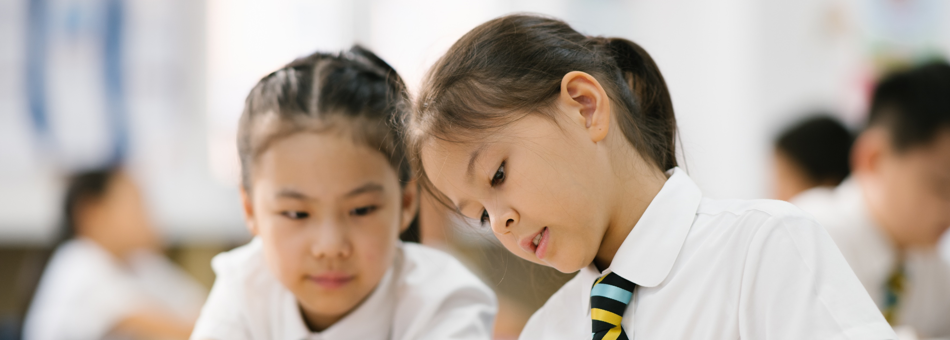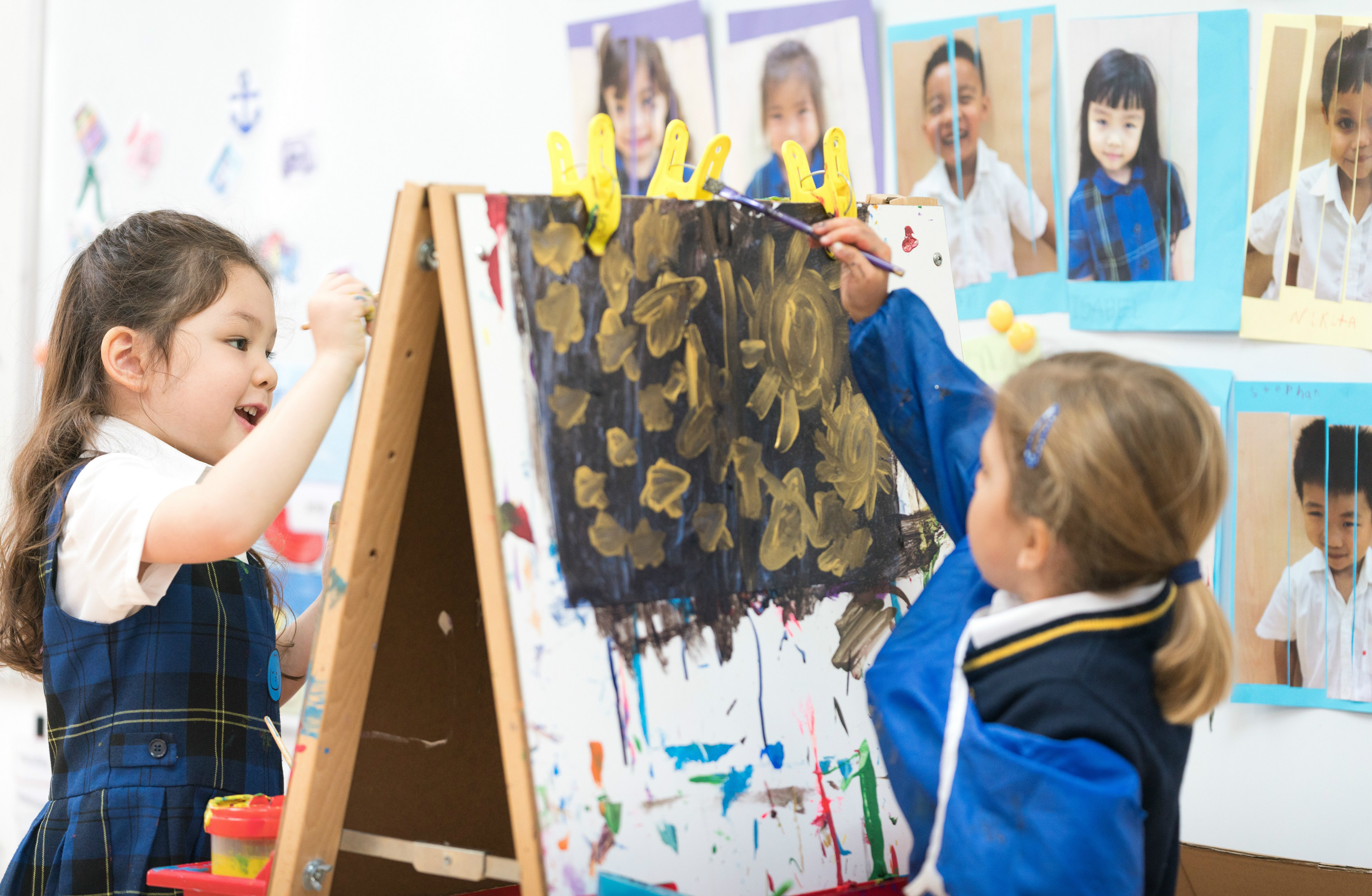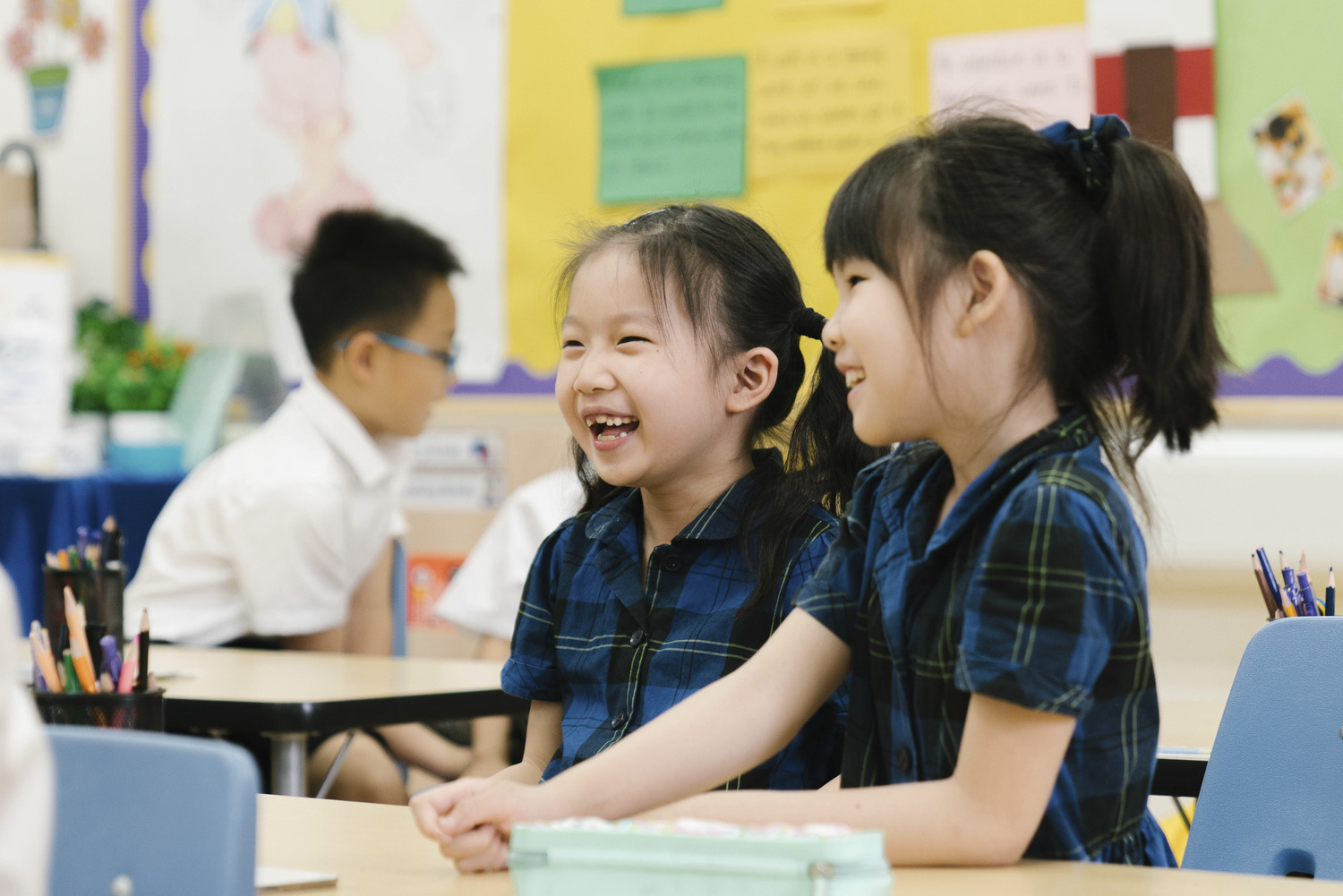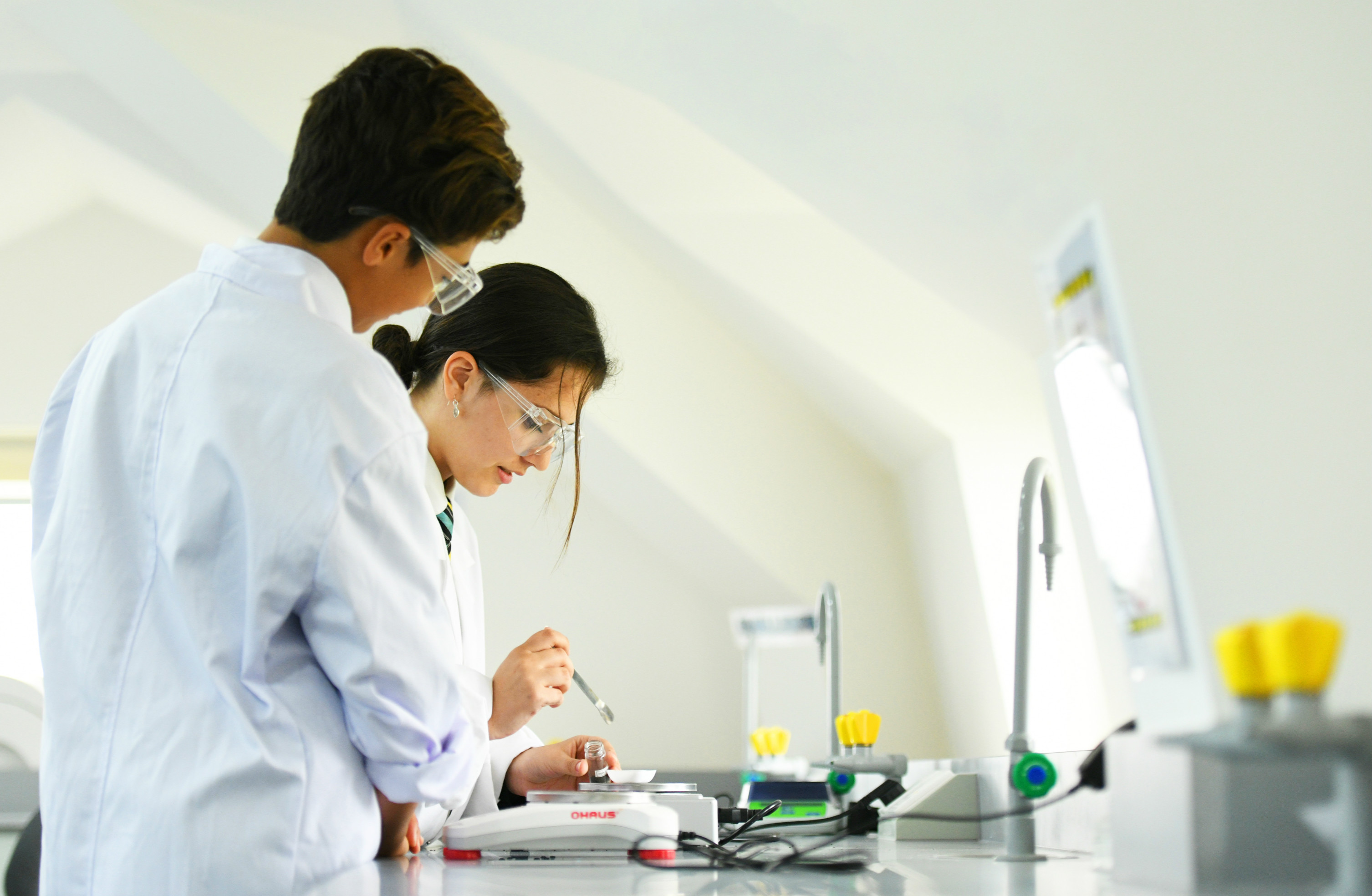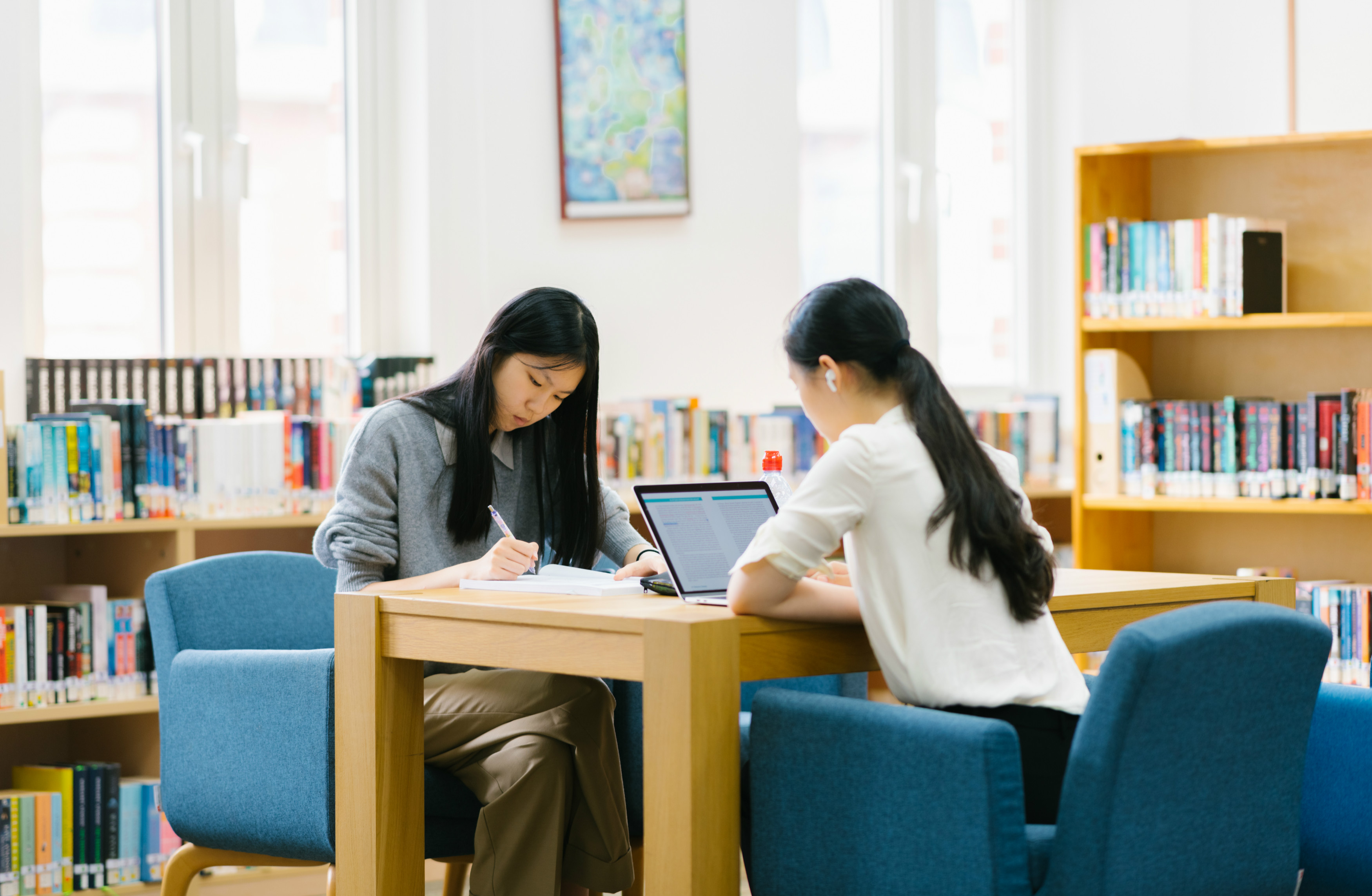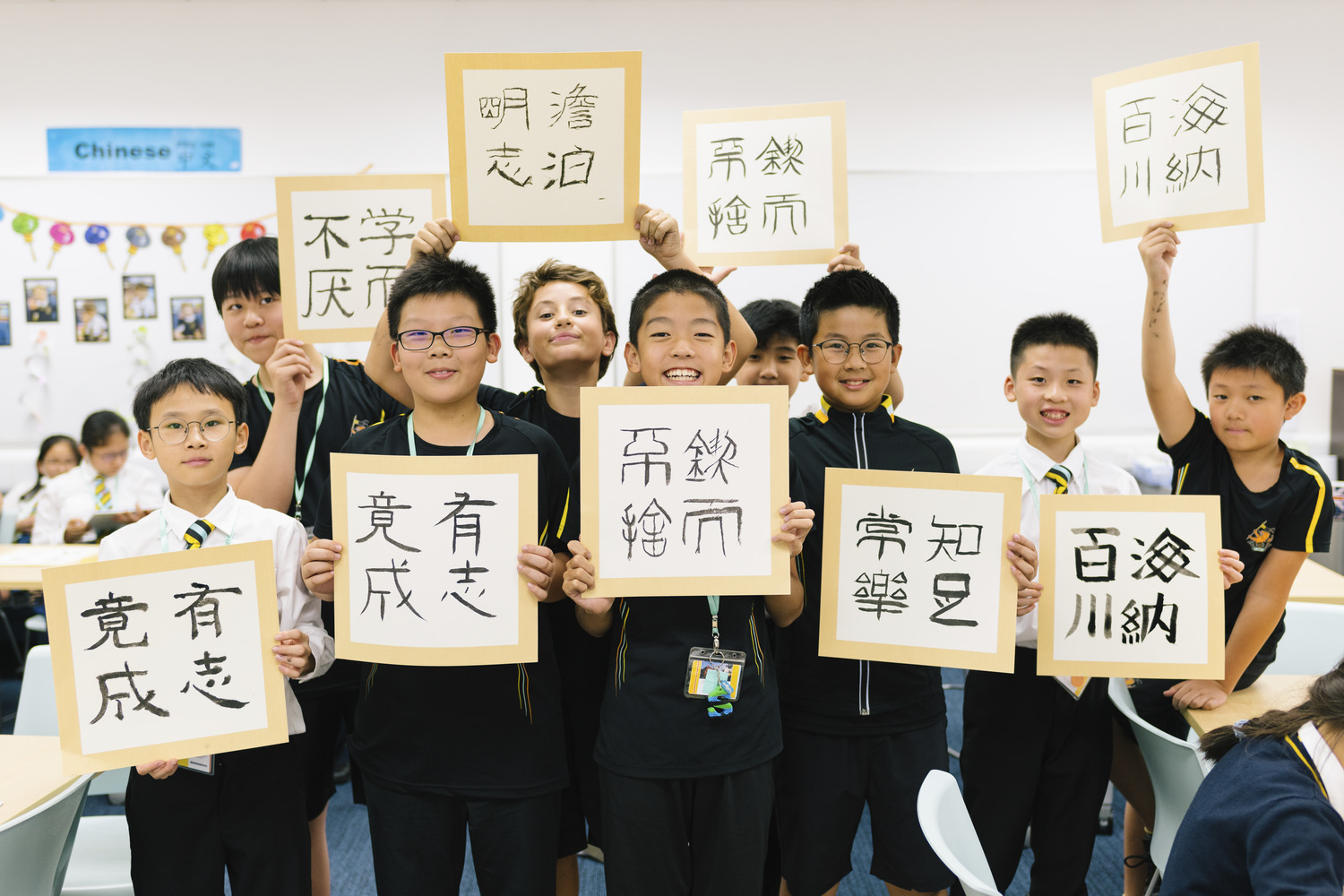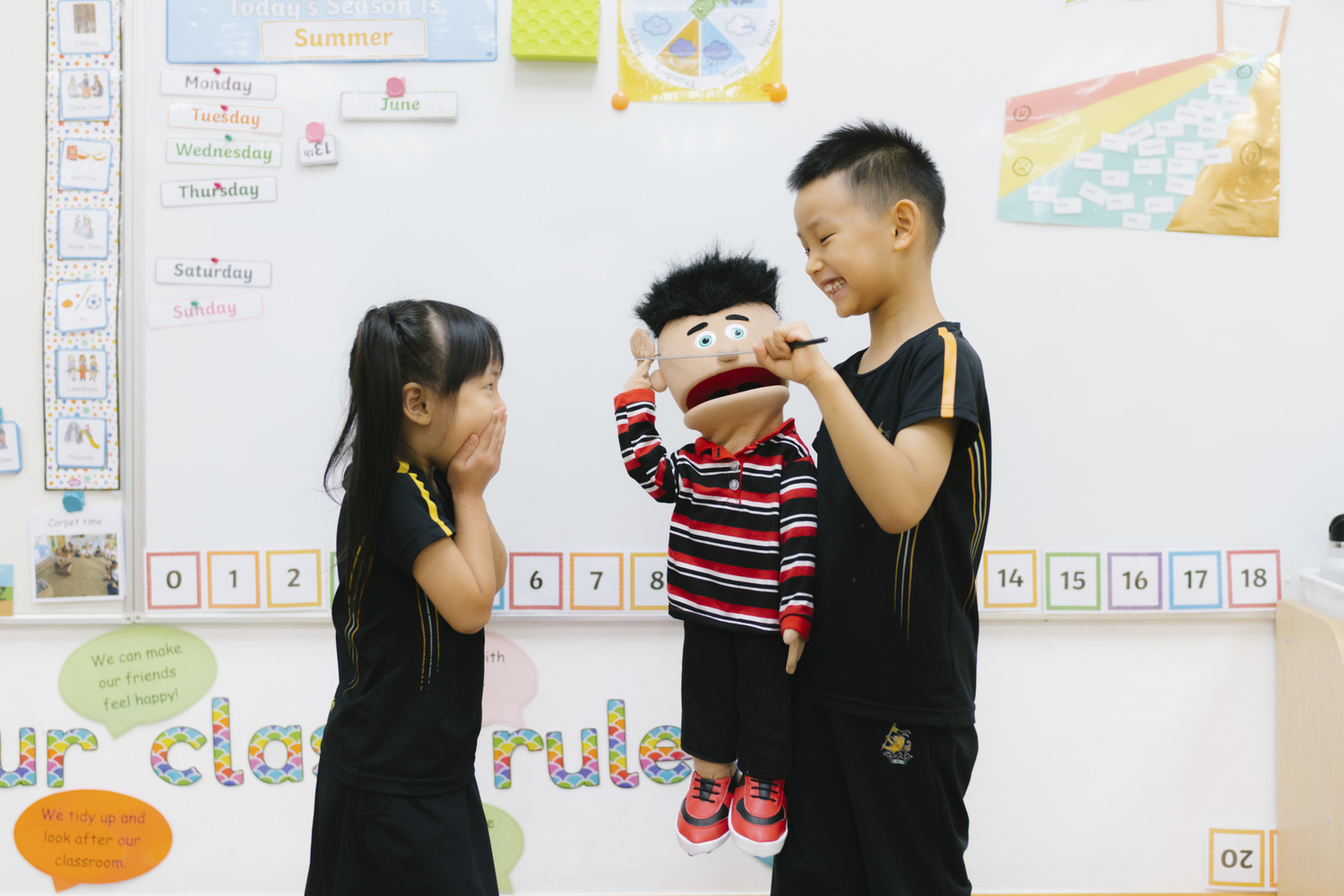Curriculum Overview
Wellingtonians graduate at the age of 18 as confident, independent and resilient young adults. We create the conditions for our pupils to flourish. This means not only achieving the best examination results possible but also acquiring the skills needed to thrive in the wider world. Whether it is in the classroom, on the sports field, on the stage or while engaging in community service projects, our pupils receive holistic education designed to help them become successful global citizens.
We offer the International Baccalaureate Diploma Programme (IBDP) not only because it is the world’s premier university entrance qualification, but also because it so closely aligns with our holistic education philosophy. In addition to six academic subjects, the IBDP includes three core requirements designed to help our pupils achieve greater academic and personal development. These are the Extended Essay (EE), Theory of Knowledge (TOK), and Creativity, Action and Service (CAS). But the programme goes beyond academics. It incorporates arts, physical fitness and community service components as well. When our pupils complete the IBDP, they will be more mature, capable and responsible young adults equipped with all the tools they need to excel in higher education and on their future career paths.











